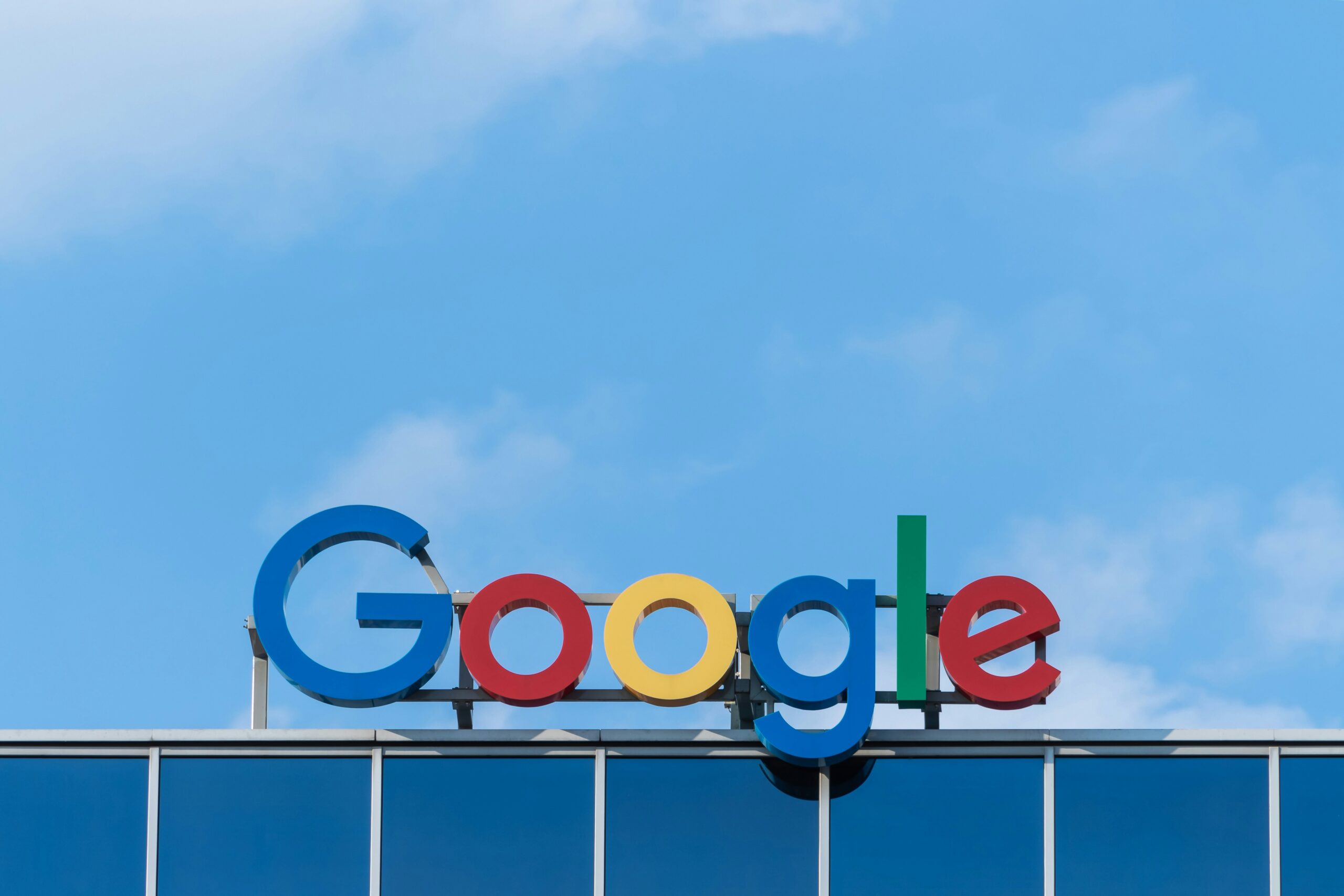Trademarks are words, designs, symbols, logos, and other things that are used/associated with goods or services that identify the specific commercial source of the goods/services. COCA-COLA, APPLE, and GUCCI are just a few famous examples. If COCA-COLA is on the bottle, consumers know what to expect from the beverage in the bottle. The same for the computer/phone and the handbag for the other examples.
One of the requirements for the registration of a trademark with the U.S. Patent and Trademark Office (“USPTO”) is that the trademark be distinctive. One may go further and say that distinctiveness is necessary for a trademark to “work” as a trademark. A set of words, logo, or mark does not “work” as a trademark unless consumers “see” and understand that the trademark is identifying that specific commercial source. So, a distinctive trademark is a strong trademark that properly functions in the minds of consumers.
One way to create a distinctive trademark — one that will “work” as a trademark — is to create and use a fanciful trademark. Most trademark scholars, lawyers, and judges will identify five categories or types of trademarks. Ranging from least distinctive to most distinctive (along with an example), these are:
- Generic — GROCERY STORE as a trademark for a store that sells groceries
- Descriptive — FOOD AND PRODUCE
- Suggestive — GUD FUD PLACE
- Arbitrary — PINE QUARRY
- Fanciful — ARKALONT
As can be seen, a generic trademark uses the words that are commonly used by consumers to reference an industry or a category of goods/services. These trademarks do not “work” as trademarks because they are not memorable and cannot be registered. This is true also of descriptive trademarks, which might, over time, acquire distinctiveness.
With respect to suggestive and arbitrary trademarks, these “work” as trademarks and are generally considered to be “strong” trademarks. Often, suggestive trademarks involve unusual spelling (as with our example above) or concept combinations. RITE-AID and KITCHENAID are two famous examples. Probably the most famous arbitrary trademark is APPLE, which sells computers and tech-related products.
By most accounts, fanciful trademarks are the most distinctive and are, therefore, the strongest type of trademark and the ones most easily registered with the USPTO. KODAK, PEPSI, and EXXON are three famous examples. A fanciful trademark has these characteristics:
- Invented word or symbol
- Word or symbol has no meaning in relation to the product or services associated with the trademark
- Often, word or symbol had no prior existence
- Often, word or symbol specifically and intentionally created for use as a trademark
The ARKALONT example used above has these characteristics.
Are fanciful trademarks the best? Whether a fanciful trademark is best for your business and product/service depends on the business circumstances and preferences. Suggestive or arbitrary trademarks have much to recommend. However, fanciful trademarks offer the advantages of being easily recognized and remembered, and easily distinguished from other trademarks. As with other strong trademarks, fanciful trademarks will have strong legal protections under U.S. trademark laws, particularly after registration. To ensure that your fanciful trademark is, in fact, fanciful, a comprehensive trademark search should be conducted early in the creative process.
Contact the Trademark Attorneys at Revision Legal
For more information, contact the experienced Trademark Lawyers at Revision Legal. You can contact us through the form on this page or call (855) 473-8474.




